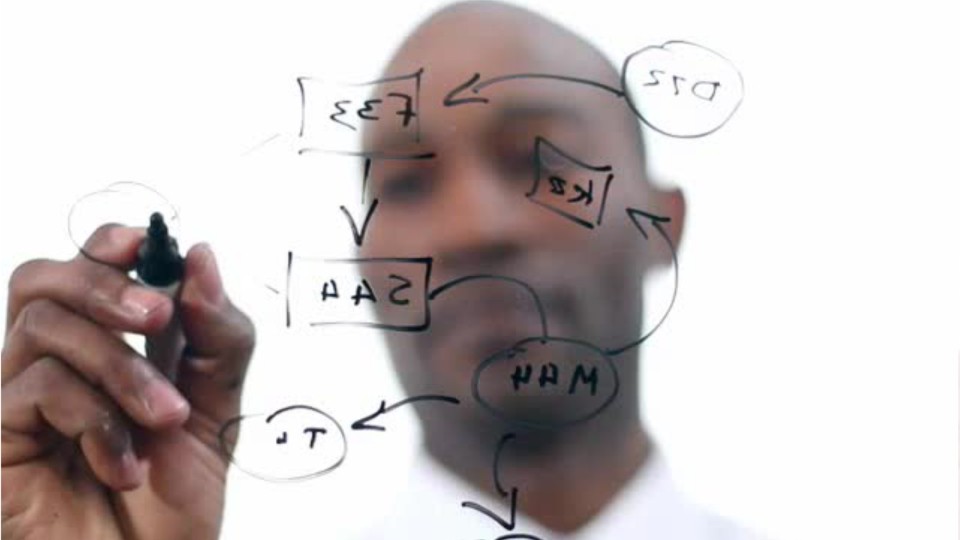Mathematicians
Computational Mathematician, Cryptographer, Mathematician, Research Scientist
 Select a military branch to see samples.
No similar titles were found.
Select a military branch to see samples.
No similar titles were found.
Operations Research/Systems Analysis; Research and Engineering; Test and Evaluation; Trained Operations Research/System Analysis (ORSA)
Operations Research and Data Analytics
Defense Systems Analyst; Modeling and Simulation Officer; Operations Analyst; Operations Research Specialist
CWO - Information Warfare Technician; CWO - Oceanography Warrant Officer; LDO - Information Warfare; Mathematics Research Officer; Operations Analyst; RL - Special Duty Officer (Oceanography); RL - Special Duty Officer - Information Warfare Officer; Statistical Data Analyst; Weapons Technical Officer
No similar titles were found.
What they do:
Conduct research in fundamental mathematics or in application of mathematical techniques to science, management, and other fields. Solve problems in various fields using mathematical methods.
On the job, you would:
- Address the relationships of quantities, magnitudes, and forms through the use of numbers and symbols.
- Disseminate research by writing reports, publishing papers, or presenting at professional conferences.
- Maintain knowledge in the field by reading professional journals, talking with other mathematicians, and attending professional conferences.
Knowledge
Math and Science
- arithmetic, algebra, geometry, calculus, or statistics
Arts and Humanities
- English language
Engineering and Technology
- computers and electronics
Education and Training
- teaching and course design
Skills
Basic Skills
- using math to solve problems
- thinking about the pros and cons of different ways to solve a problem
Problem Solving
- noticing a problem and figuring out the best way to solve it
People and Technology Systems
- thinking about the pros and cons of different options and picking the best one
- figuring out how a system should work and how changes in the future will affect it
Abilities
Math
- choose the right type of math to solve a problem
- add, subtract, multiply, or divide
Verbal
- listen and understand what people say
- read and understand what is written
Ideas and Logic
- make general rules or come up with answers from lots of detailed information
- use rules to solve problems
Visual Understanding
- quickly compare groups of letters, numbers, pictures, or other things
Personality
People interested in this work like activities that include ideas, thinking, and figuring things out.
They do well at jobs that need:
- Analytical Thinking
- Attention to Detail
- Persistence
- Achievement/Effort
- Innovation
- Initiative
Technology
You might use software like this on the job:
Analytical or scientific software
- IBM SPSS Statistics
- The MathWorks MATLAB
Presentation software
- Microsoft PowerPoint
Object or component oriented development software
- C#
- Perl
Education
Education: (rated 5 of 5)
doctoral degree or
master's degree
usually needed
master's degree
usually needed
Get started on your career:
Find Training
Apprenticeship.gov
Job Outlook
Average
New job opportunities are likely in the future.
Explore More
- Bioinformatics Scientists
- Computer & Information Research Scientists
- Data Scientists
- Physicists
- Statisticians
You might like a career in one of these industries:
See more details at O*NET OnLine about mathematicians.






